|
I am a research assitant at HKUST supervised by Prof. Chi-Keung Tang and Prof. Yu-Wing Tai , where I work on computer vision and machine learning. I also work remotely with Prof. Cewu Lu. I also obtained Bachelor’s degree at HKUST in 2018. From 2018 to July 2021, I worked as a full-time R&D in a leading Chinese Tech. Company for three years. Email / Google Scholar / CV / Github |

|
|
|
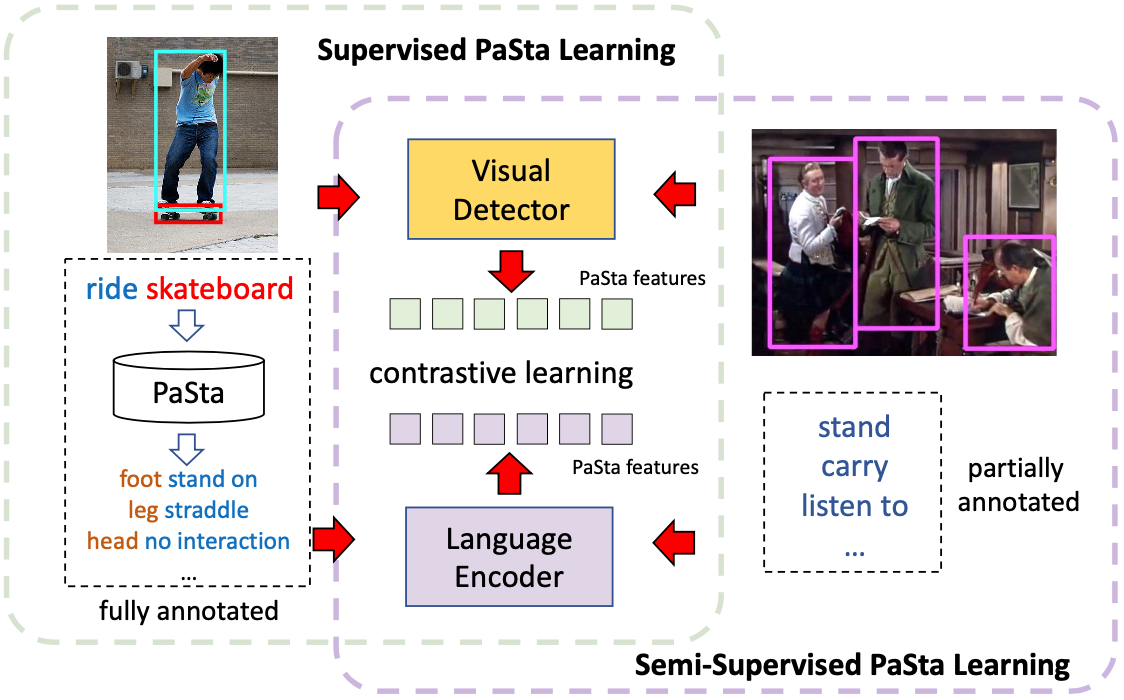 |
Shaopeng Guo, Yonglu Li, Xinpeng Liu, Xinyu Xu, Cewu Lu, Yu-Wing Tai, Chi-Keung Tang CVPR 2022 submission, under review Project Page / PDF / Code Instead of directly applying discrete human-part labels during classification, we incorporate a language model BERT to transform natural language labels to continuous latent feature vectors and train our model by contrastive loss.
|
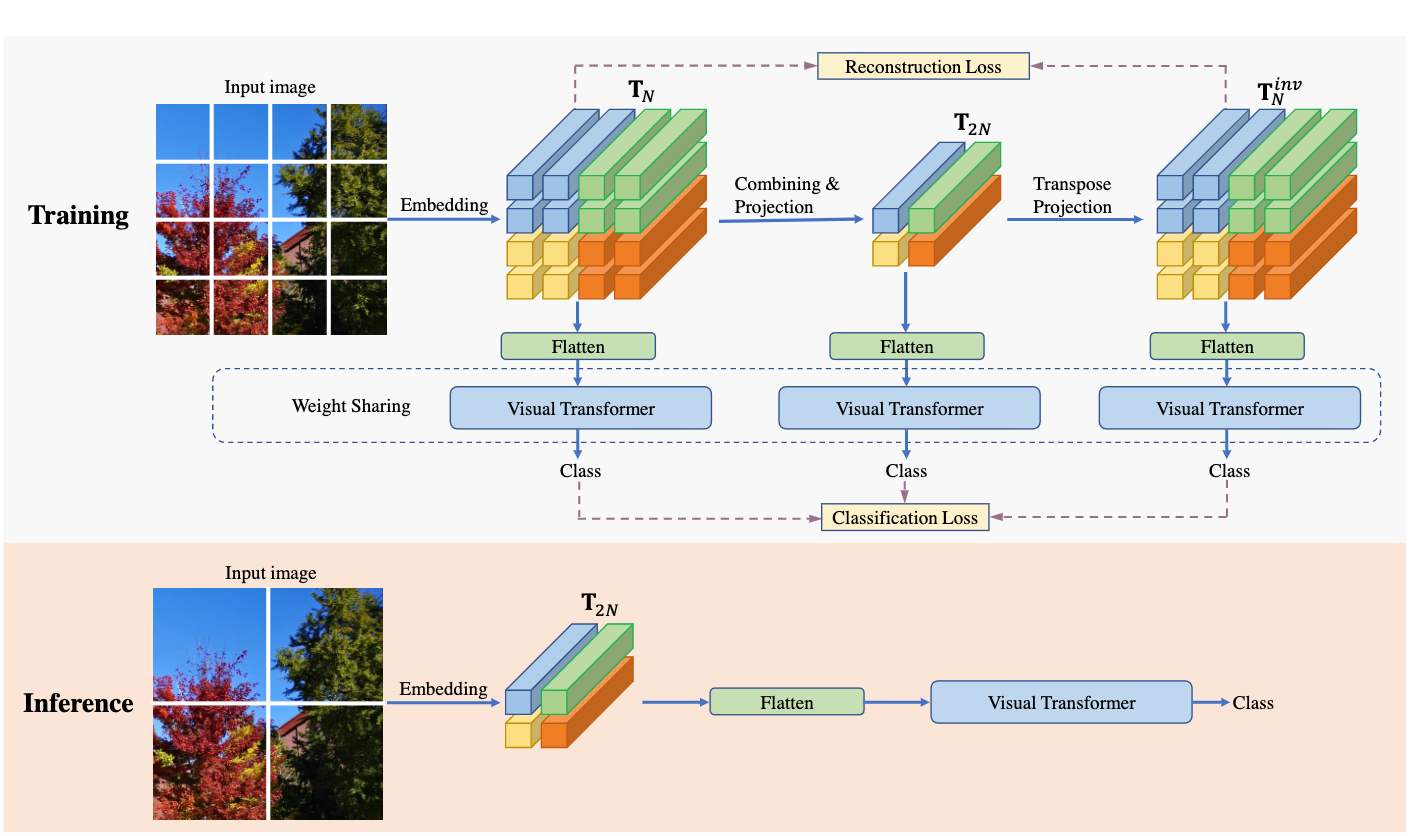 |
Jiangfan Han*, Shaopeng Guo*, Jianbo Liu*, Kun Yuan, Hongsheng Li, Xiaogang Wang IJCV submission, under review (* indicates equal contribution) Project Page / PDF / Code We propose a framework to train an efficient visual Transformer. With the help of the proposed patch compression mechanism, the model can inference with about 2x faster speed and equal or better performance.
|
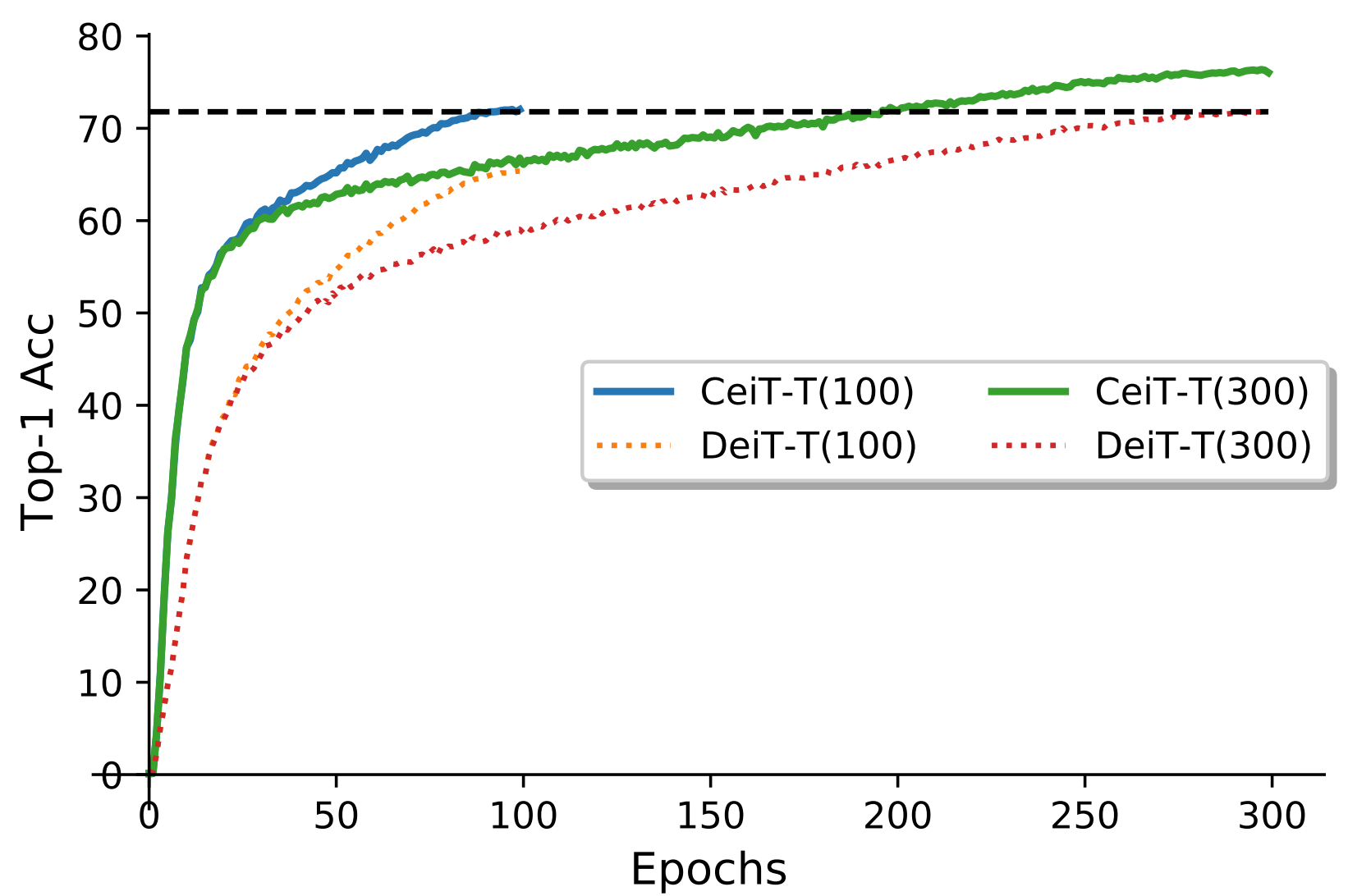 |
Kun Yuan, Shaopeng Guo, Ziwei Liu, Xinyu Xu, Aojun Zhou, Fengwei Yu, Wei Wu ICCV, 2021 PDF / Code We propose a new Convolution-enhanced image Transformer (CeiT) which combines the advantages of CNNs in extracting lowlevel features, strengthening locality, and the advantages of Transformers in establishing long-range dependencies.
|
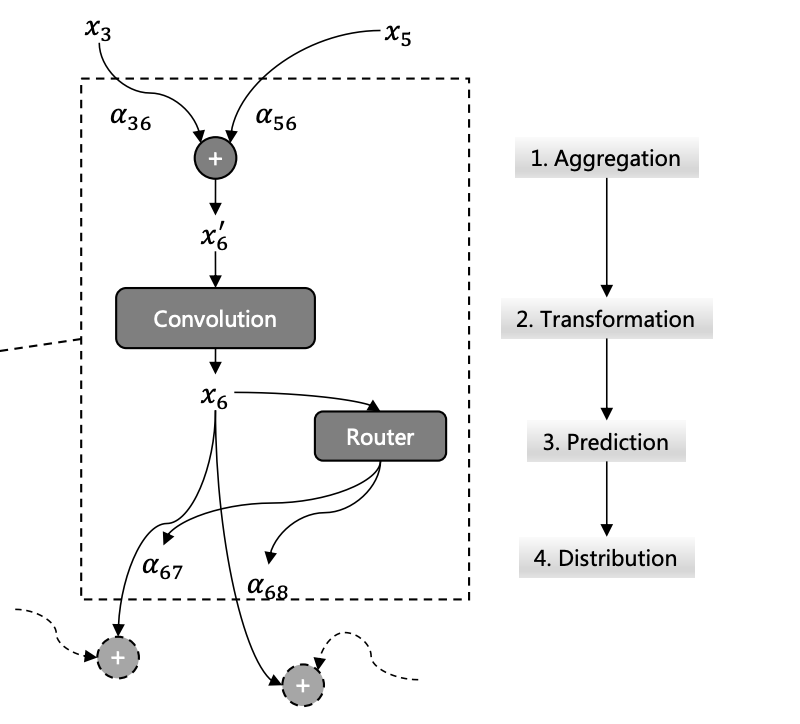 |
Kun Yuan, Quanquan Li, Shaopeng Guo, Dapeng Chen, Aojun Zhou, Fengwei Yu, Ziwei Liu ICCV, 2021 We propose a method called Differentiable Dynamic Wirings (DDW), which learns the instance-aware connectivity that creates different wiring patterns for different input images.
|
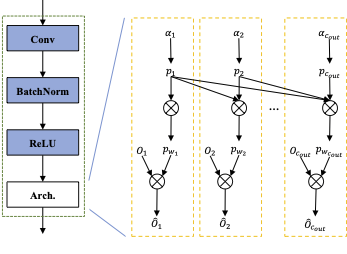 |
Shaopeng Guo, Yujie Wang, Quanquan Li, Junjie Yan CVPR, 2020 (Oral Presentation) Project Page / PDF / code We model the channel pruning as a Markov process, in which each state represents for retaining the corresponding channel during pruning.
|
|
The template of this website is from Jon Barron. |